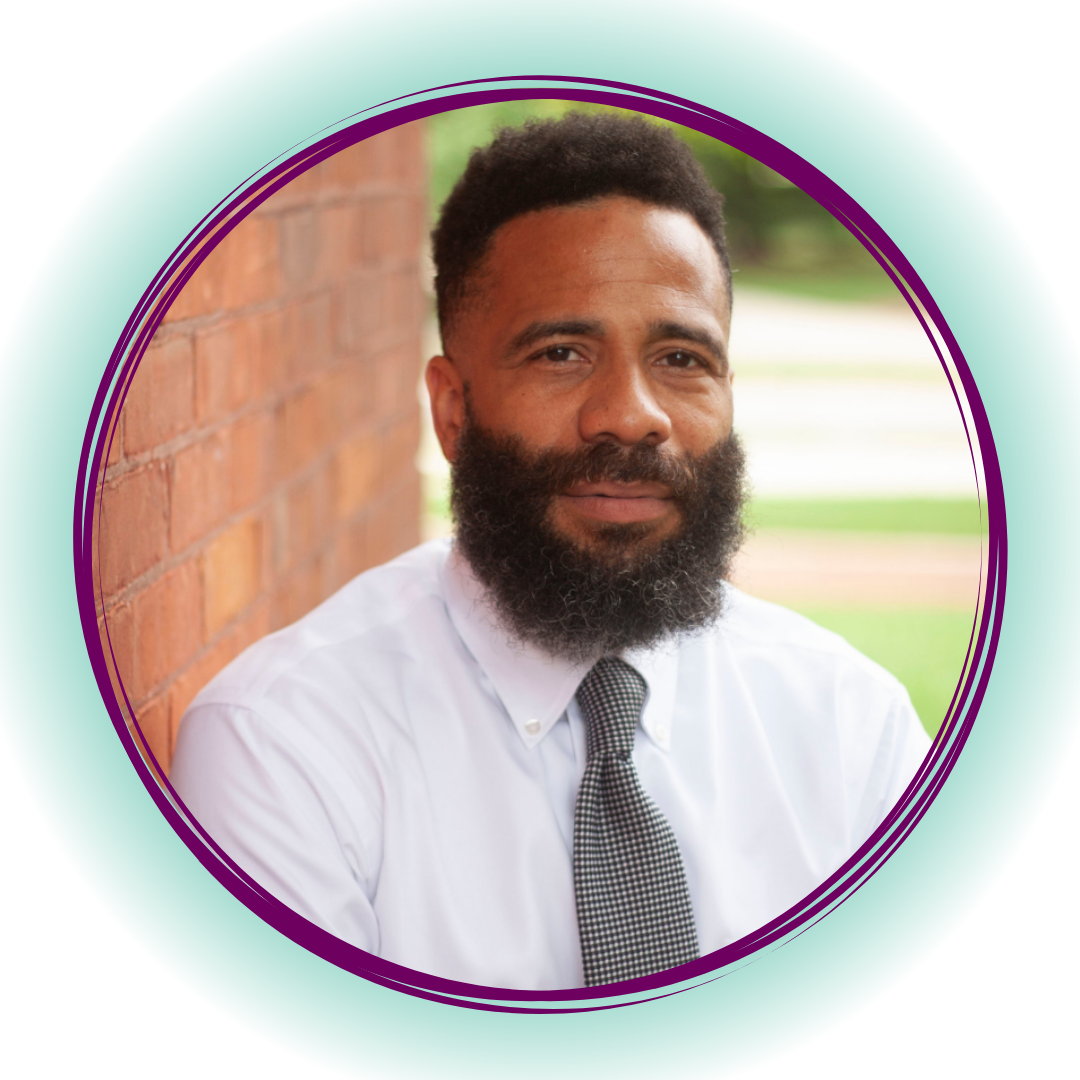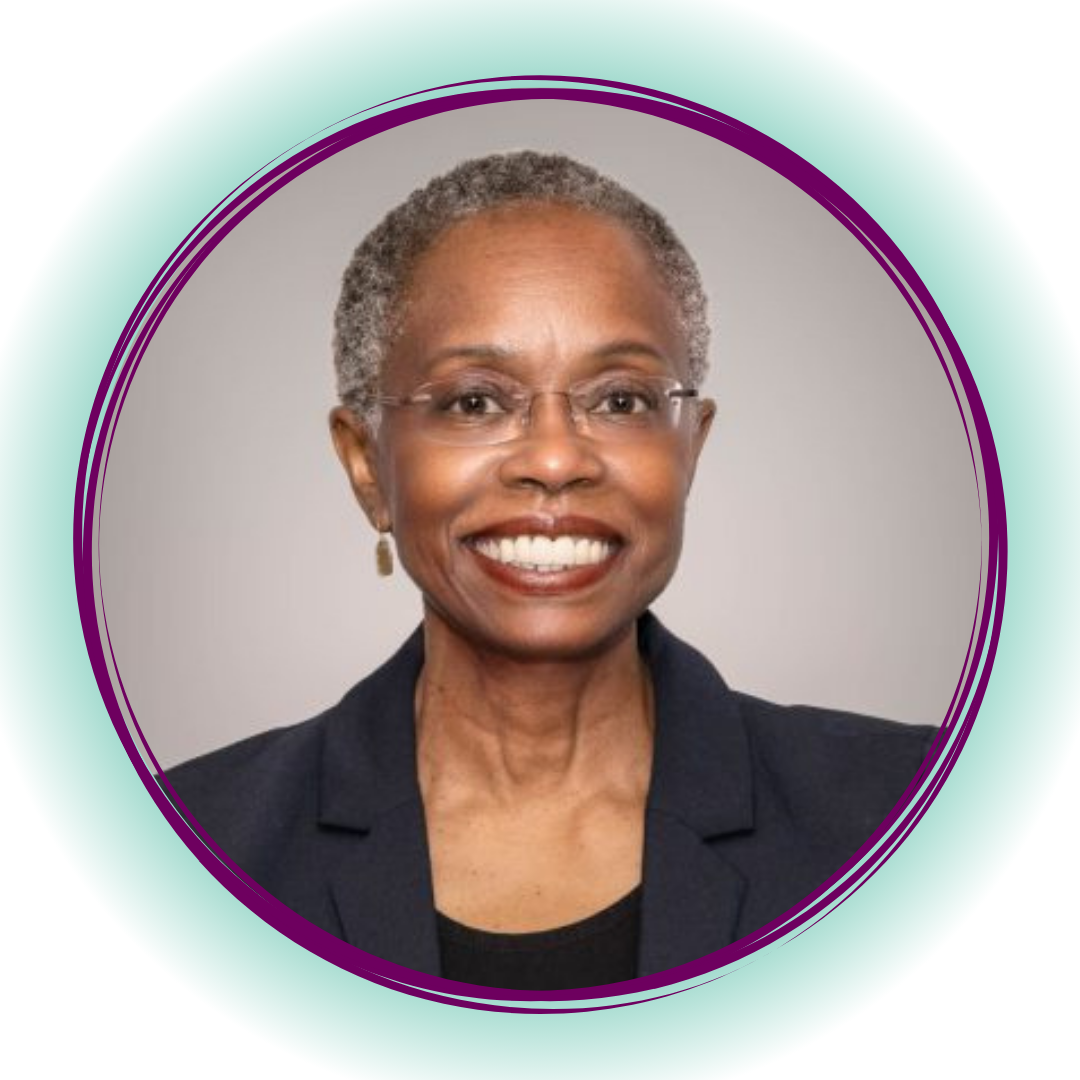Advisory Board

Nwando Achebe
Nwando Achebe (University of California, LA) is an award-winning author, professor of history, and Faculty Excellence Advocate (FEA) in the College of Social Science. Her research interests involve the use of oral history in the study of women, gender and sexuality in Nigeria. Professor Achebe’s second book, The Female King of Colonial Nigeria: Ahebi Ugbabe (Indiana University Press, 2011), is the winner of three book awards, including The Barbara “Penny” Kanner Book Award. Achebe is the founding editor-in-chief of the new Journal of West African History, published by Michigan State University Press; a member of the African Studies Association’s (ASA) Board of Directors, and a past co-convenor of ASA’s Women’s Caucus. Dr. Achebe has received a number of prestigious grants including awards from Rockefeller Foundation, Woodrow Wilson Foundation, Fulbright-Hays, Ford Foundation, the World Health Organization, and the National Endowment for the Humanities. In 1996 and 1998, she served as a Ford Foundation and Fulbright-Hays Scholar-in-Residence at The Institute of African Studies and History Department of the University of Nigeria, Nsukka. In the summer of 2014, Dr. Achebe was Visiting Professor at Sichuan University, Chengdu, China.

Maria Isabel Ayala
María Isabel Ayala is Director of the Chicano/Latino Studies Program and Associate Professor in the Department of Sociology at Michigan State University. Ayala’s work calls attention to the intra-group diversity and capital of Latinx people by examining the relationship between their unique and complex racialization and sociodemographic experiences and behaviors. Moreover, adopting strength-based approaches, Ayala explores the role of Latinx identities in reconstructing structures, centering and highlighting agentive and resilient behaviors and cultures in the navigation of physical, symbolic, and social White spaces. Her humanistic and social justice commitment and dedication to inclusivity shape her research, teaching, and leadership. Ayala is a published, grant active researcher who cares about her students and community. Ayala was selected as a Big Ten Academic Alliance Academic Leadership Program Fellow (2020-2021) and an OFASD Leadership Fellow (2022-2023).

Julian C. Chambliss
Julian Chambliss is a Professor of English with an appointment in History and the Val Berryman Curator of History at the MSU Museum at Michigan State University. In addition, he is a core participant in the MSU College of Arts & Letters’ Consortium for Critical Diversity in a Digital Age Research (CEDAR). His research interests focus on race, culture, and power in real and imagined spaces. His recent writing has appeared in American Historical Review, Phylon, Frieze Magazine, Rhetoric Review, and Boston Review. An interdisciplinary scholar, Chambliss has designed museum exhibitions; curated art shows; and created public history projects that trace community, ideology and power in the United States.
He is co-editor and contributor for Ages of Heroes, Eras of Men: Superheroes and the American Experience, a book examining the relationship between superheroes and the American Experience (2013). His recent book projects include Assembling the Marvel Cinematic Universe: Essays on the Social, Cultural and Geopolitical Domain (2018) and Cities Imagined: The African Diaspora in Media and History (2018). Chambliss is co-producer and host of Every Tongue Got to Confess, a podcast examining communities of color. Every Tongue is the winner of the 2019 Hampton Dunn New Media Award from the Florida Historical Society. In addition, he co-produced and co-hosted the Florida Constitution Podcast, a limited series podcast that won the 2019 Hampton Dunn Internet Award from the Florida Historical Society. He is producer and host of Reframing History, a podcast exploring humanities theory and practice in the United States.

Pero Dagbovie
Pero Gaglo Dagbovie (Michigan State University) is a professor of African American history and an Associate Dean in The Graduate School. His research and teaching interests comprise a range time periods, themes, and topical specialties; including black intellectual history, the history of the black historical enterprise, black women’s history, black life during “the Nadir,” the civil rights-Black Power movement, African American Studies, hip hop culture, and contemporary black history. His books include Black History: “Old School” Black Historians and the Hip Hop Generation (Bedford Publishers, Inc., 2006), The Early Black History Movement, Carter G. Woodson, and Lorenzo Johnston Greene (University of Illinois Press, 2007), African American History Reconsidered (University of Illinois Press, 2010), Carter G. Woodson in Washington, D.C.: The Father of Black History (The History Press, 2014), and What is African American History? (Polity Press: Cambridge, UK, 2015). He is on the editorial boards of The Journal for the Study of Radicalism and The Journal of Black Studies and is a lifetime member of the Association for the Study of African American Life and History. He has also been involved in public history and African American history educational programs. Dagbovie served as a scholar consultant for the permanent exhibit, “And Still We Rise: Our Journey through African American History and Culture,” at the Charles H. Wright Museum of African American History in Detroit, Michigan. Under the auspices of the U.S. Department of the Interior, National Park Service, National Capital Region, and the Organization of American Historians, from 2008 until 2010, he served as the principal investigator for the Carter G. Woodson Home, NHS and completed the historic resource study for the Woodson Home. He has participated in and led workshops for secondary school teachers funded by the U.S. Department of Education and the National Endowment for the Humanities. Dr. Dagbovie has also lectured abroad and throughout the nation.

Andrea Louie
Andrea Louie (University of California, Berkley), a Professor of Anthropology, has conducted research exploring how ideas constructed around “Chineseness” as a racial and cultural identity have been reworked as transnational processes bring Chinese from different parts of the world into contact with one another. She is interested in using multi-sited ethnography to examine relationships between globalization and the continued importance of native origins and place for the rooting of identities. Her book “Chineseness Across Borders: Re-negotiating Chinese Identities in China and the U.S. (Duke University Press, 2004)" won the Association for Asian American Studies Social Sciences book award (March 2006). In it, Dr. Louie examines the challenges Chinese adoption presents to families trying to honor their children’s “birth culture.” This ethnographic study analyzes how both white and Asian American adoptive parents engage in changing understandings of and relationships with “Chineseness” as a form of ethnic identity, racial identity, or cultural capital over the life course. Her current research focuses on the “cultural socialization” and racialization of children adopted from China in the U.S. Dr. Louie teaches courses on Transnational Processes and Identities, China, and Asian Americans. She is past director of the Asian Pacific American Studies program at MSU.

Teresa Mastin
Teresa Mastin (Michigan State University) is the Chair of the Department of Advertising and Public Relations in the College of Communication Arts and Sciences. Mastin's primary research interests include media advocacy as a public relations tool, media coverage of health issues related to women, and disadvantaged and/or vulnerable populations, especially in regard to individuals residing in struggling urban communities and developing countries. She has introduced media advocacy to non-governmental organizations operating in Rwanda, Kenya, and Vietnam and supported a number of organizations' efforts to use media advocacy to engage with their local media for a purpose of promoting core components of their mission and vision. Mastin also served as a Fulbright specialist in Rwanda and Kenya. While the Director of Diversity and Inclusion at Northwestern University Feinberg School of Medicine (2015 - 2018), she completed a Healthcare Executive Diversity and Inclusion Certificate Program, sponsored by the Association of American Medical Colleges (AAMC), and was the School's Intercultural Development Inventory (IDI) certified administrator.

Ann Marie Ryan
Ann Marie Ryan (University of Illinois-Chicago) is a professor of organizational psychology at MSU. Her major research interests involve improving the quality and fairness of employee selection methods, and topics related to diversity and justice in the workplace. In addition to publishing extensively in these areas, she regularly consults with organizations on improving assessment processes. Along with Nancy Tippins, she co authored the book Designing and Implementing Global Selection Systems (2009). She is a past president of the Society of Industrial and Organizational Psychology and past editor of the journal Personnel Psychology. She leads the Diversity Research Group which addresses diversity in the workplace, with goals to contribute to knowledge and practices concerning underrepresented populations’ identity management and inclusion at work. She recently published When your resume is (not) turning you down: Modelling ethnic bias in resume screening. Human Resource Management Journal, 1–18. https://doi.org/10.1111/1748-8583.12217. Derous E, Ryan AM. (2018)

Riyad Shahjahan
Riyad A. Shahjahan (University of Toronto) is an associate professor of Higher, Adult, and Lifelong Education (HALE) at Michigan State University. He is also a core faculty member of Muslim Studies, Chicano/Latino Studies and Center for Advanced Study of International Development. His areas of research interests are in globalization of higher education policy, temporality and embodiment in higher education, cultural studies in higher education and de/anti/postcolonial theory. He has been conducting both empirical and theoretical work, focusing on a) the role of transnational actors/processes (international organizations, global rankings, media) in globalizing higher education policy; and b) rethinking the traditional objects of study/practice in higher education (e.g. temporality, pedagogy, and/or globalization) from global and non- western critical indigenous perspectives.

Mark Sullivan
Mark Sullivan (University of Illinois-Champagne-Urbana) is a composer and associate professor and director of the computer music studios at the Michigan State University College of Music. His compositions have been performed widely. Over three decades at MSU, he has taught music composition, computer music, and aesthetic theory, and he has written on the relationship between music, movement and language. During his career, he has also created integrated media arts programs for youth; most recently, as a part of a faculty team that helped create a new program centered on developing literacy through songwriting and media composition. Sullivan composes for acoustic instruments, with and without the computer, and for both instruments and computer-generated sounds. He specializes in the analysis and performance of contemporary music and in studies that relate music to the other arts and society. He developed and taught courses on the pedagogy of composition, and helped develop two major initiatives on creativity, innovation and entrepreneurship. He currently splits his efforts between the College of Music, and the Innovation Hub for Teaching and Learning, working on several projects, including one that integrates art and media composition into STEM education, and another that focuses on cultivating digital media literacy across the curriculum.

